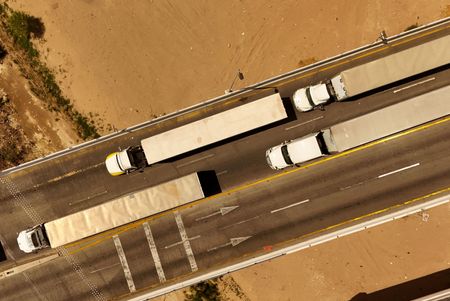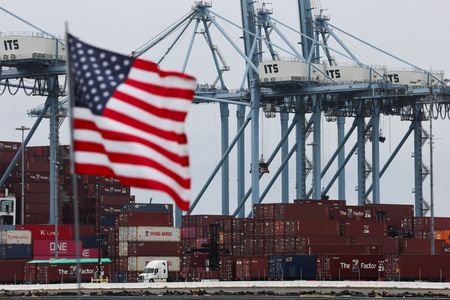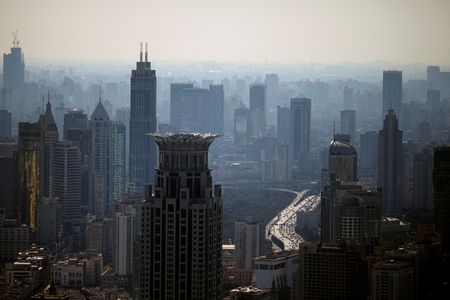By Lisa Barrington and Abhijith Ganapavaram
SEOUL/NEW DELHI (Reuters) -South Korea is preparing to order all airlines in the country that operate Boeing jets to examine the fuel switches at the centre of an investigation into a deadly Air India crash that killed 260 people.
Fuel switch locks have come under scrutiny after a 2018 advisory from the U.S. Federal Aviation Administration (FAA) figured in a preliminary report into last month’s crash of Air India’s Boeing 787-8 jet.
A spokesperson for the South Korean transport ministry said the checks were in line with a 2018 advisory from the FAA, but did not give a timeline for them.
Boeing referred Reuters’ questions to the FAA, which was not immediately available to comment outside regular hours.
In the Air India crash, the switches had almost simultaneously flipped from run position to cutoff just after takeoff, but the preliminary report did not say how they could have flipped during flight.
Over the weekend, Air India Group started checking the locking mechanism on the fuel switches of its Boeing 787 and 737 fleets and has discovered no problems yet, a source familiar with the matter told Reuters.
About half the group’s 787s have been inspected and nearly all its 737s, in inspections set to be completed in the next day or two, the source added, speaking on condition of anonymity.
In a statement, Japan’s JAL said safety was its top priority, adding, “We are closely monitoring the investigation into the incident and will implement any necessary inspections based on its findings.”
In its 2018 advisory, the FAA recommended, but did not mandate, operators of several Boeing models, including the 787, to inspect the locking feature of the fuel cutoff switches to ensure they could not be moved accidentally.
On Sunday, citing a document and sources, Reuters reported that the planemaker and the FAA had privately issued notifications to airlines and regulators that the fuel switch locks on Boeing planes were safe and checks were not required.
The Air India preliminary report said the airline had not carried out the FAA’s suggested inspections as the FAA’s 2018 advisory was not a mandate.
But it also said maintenance records showed that the throttle control module, which includes the fuel switches, was replaced in 2019 and 2023 on the plane involved in the crash.
Air India replaced the module on the aircraft in 2019 and 2023 in a planned change after 24,000 flight hours that was not limited to the crashed jet, the source familiar with the matter said.
In an internal memo on Monday, airline CEO Campbell Wilson said the investigation into the crash was far from over and it was unwise to jump to premature conclusions, following the release of the preliminary report.
(Reporting by Lisa Barrington, Abhijith Ganapavaram; Editing by Jamie Freed and Clarence Fernandez)









